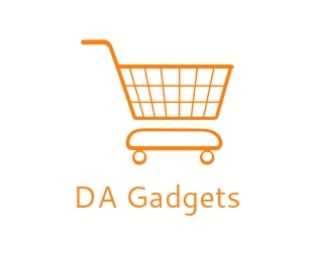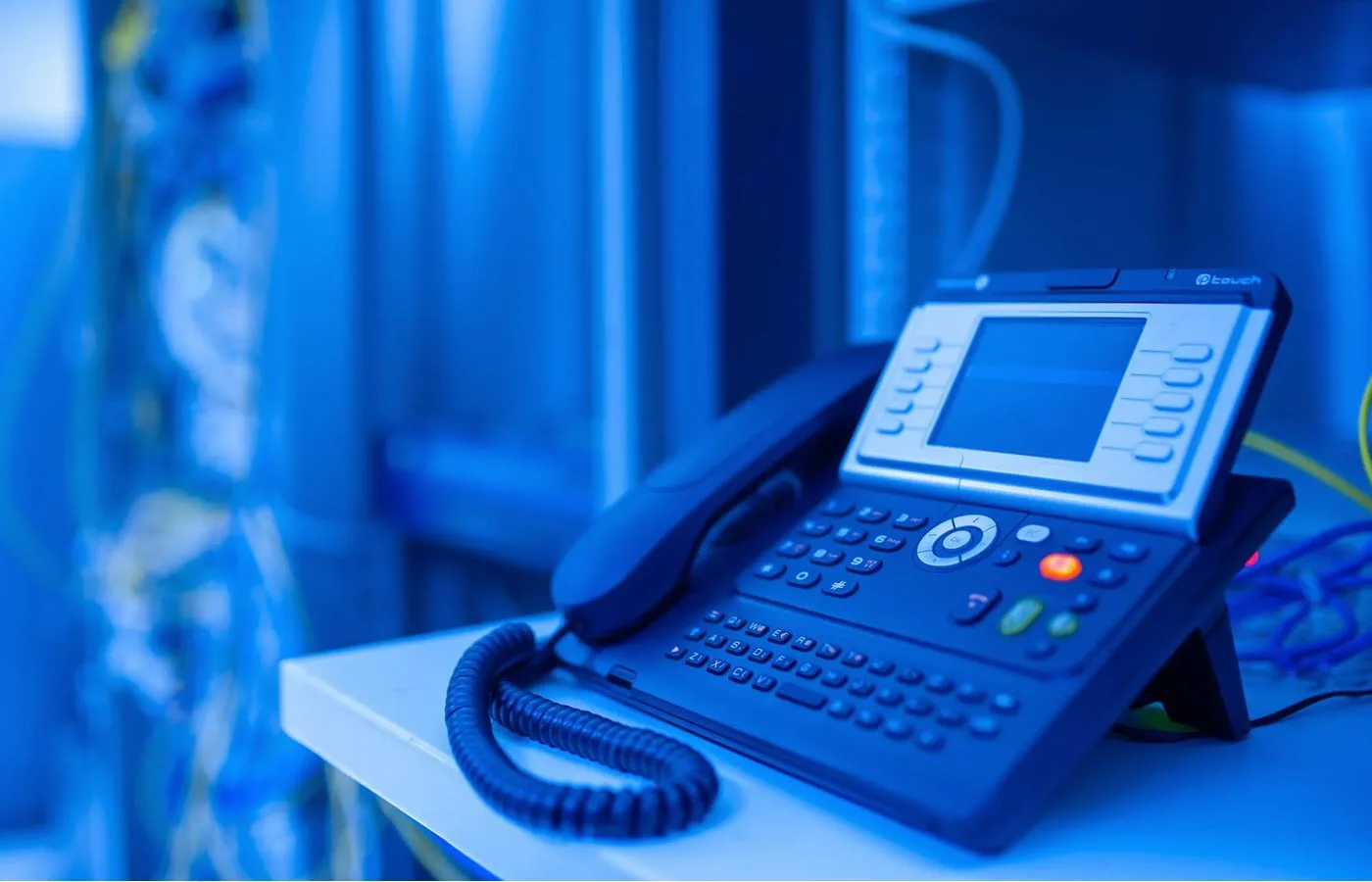Any modern business using a Voice over Internet Protocol (VoIP) phone system knows that maintaining security is essential for confidentiality, customer trust, and regulation compliance. Industries like healthcare, for example, have strict regulations governing communications, and HIPAA-compliant VoIP providers offer security, privacy, and access management tools to help companies follow these regulations — even when […]


